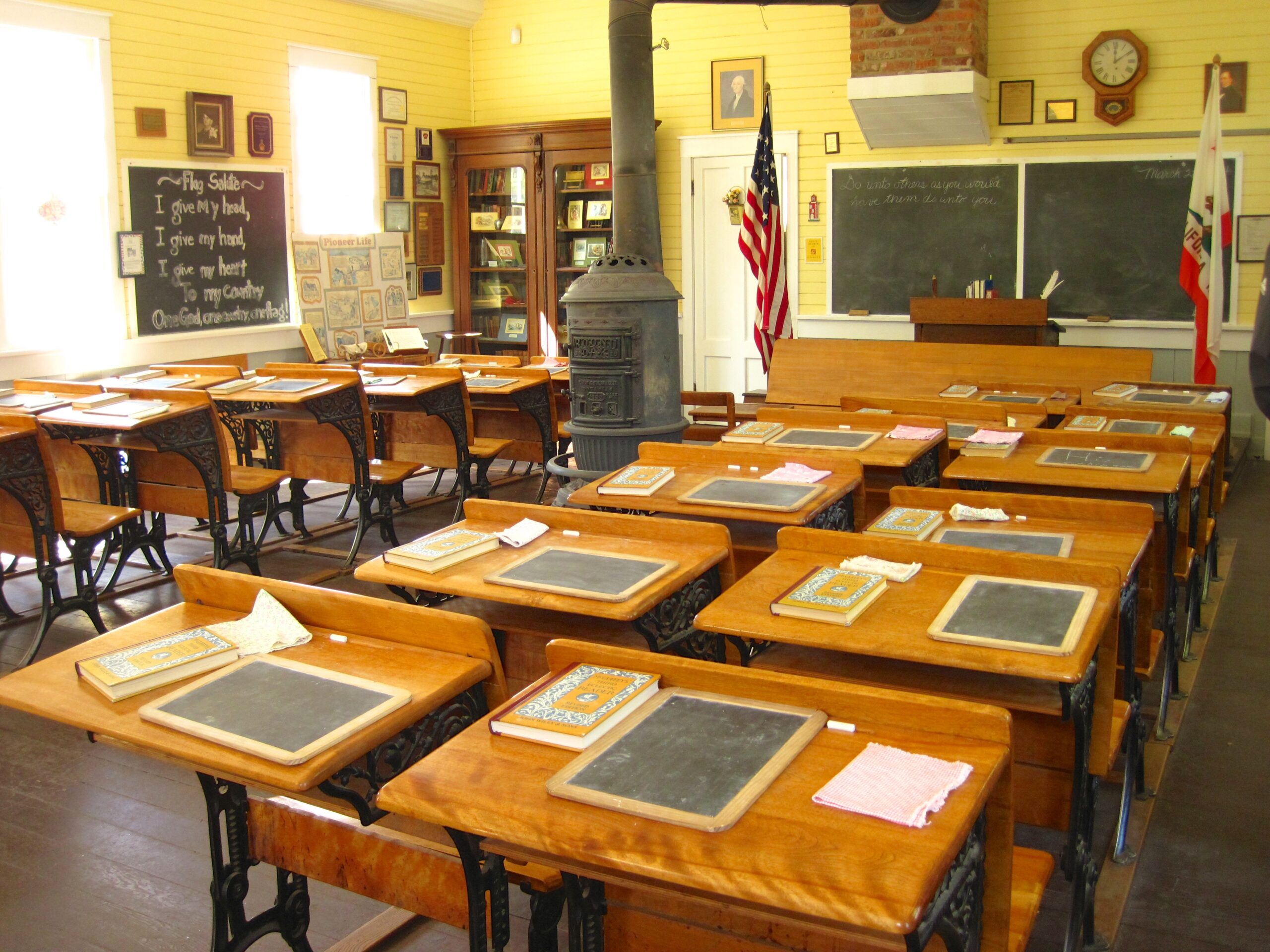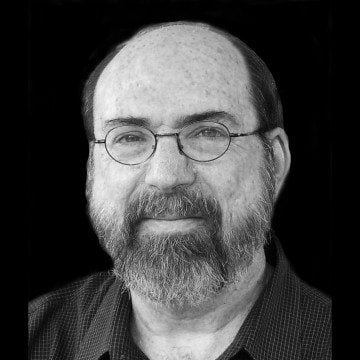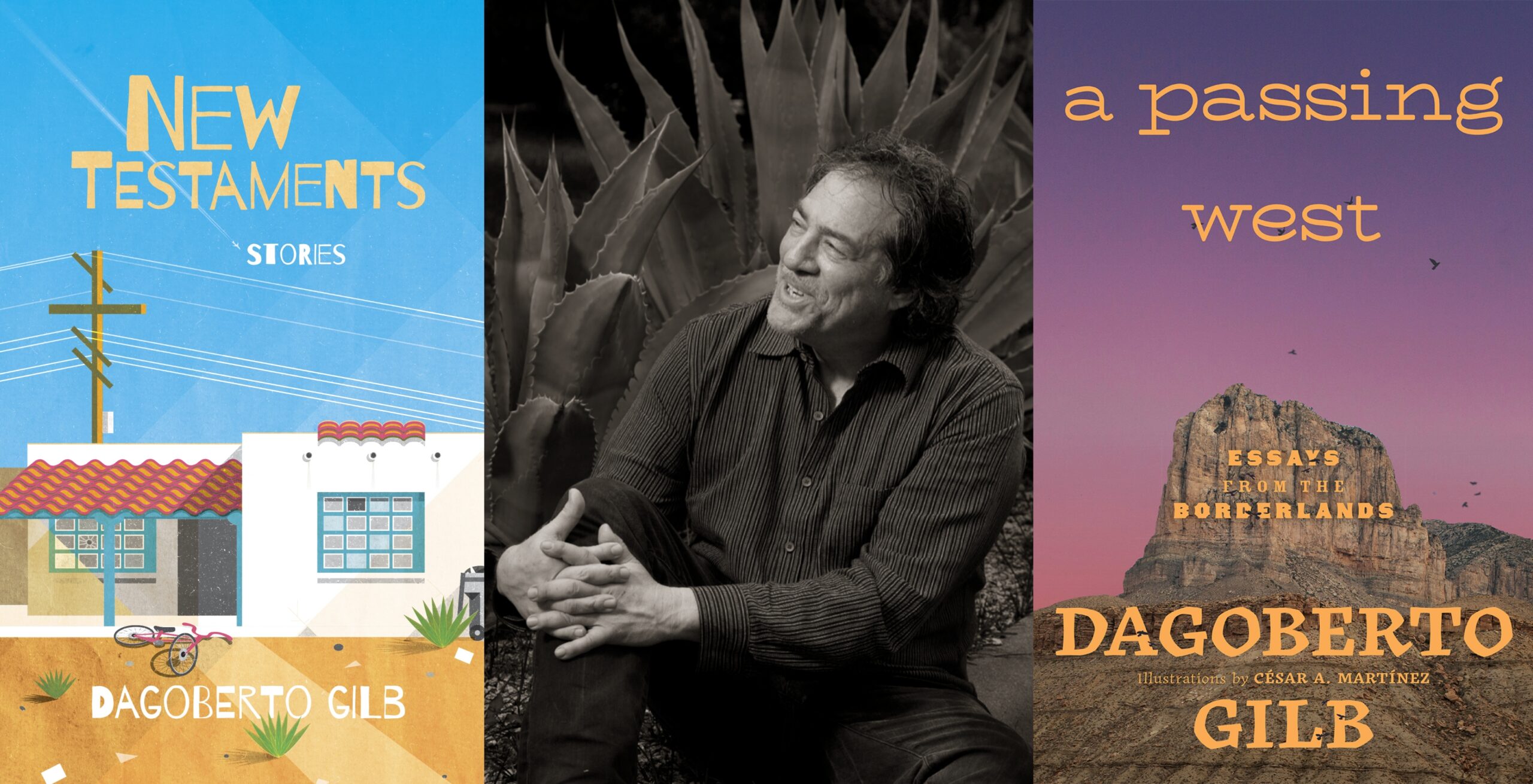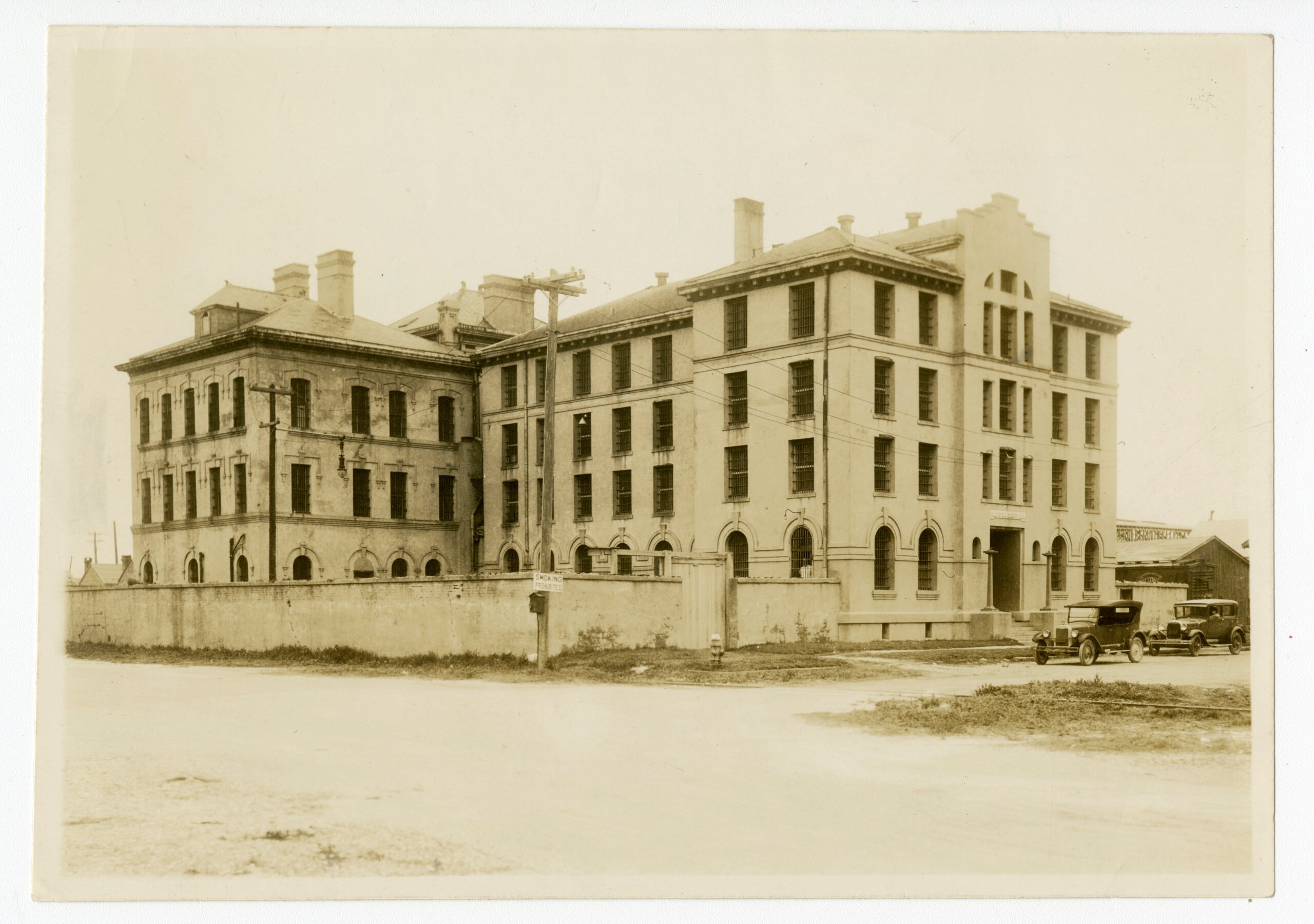
‘School Choice’ Is Just a Ploy to Defund Public Ed
The latest front in Christian nationalists’ battle to undermine separation of church and state.

Another session of the Texas Legislature, another push to spend public dollars on private and religious schools.
Vouchers and voucher-like schemes have been floated repeatedly by Republican legislators over the years, and just as repeatedly have been shot down by the combined opposition of Democrats, rural Republicans, and public school advocates. This time, however, GOP leaders are going all out to make vouchers—in the form of education savings accounts (ESAs)—a reality here in Texas under the sunny mantra “school choice.” As Rev. Charles Foster Johnson, founder and executive director of Pastors for Texas Children, told the Texas Observer, “‘School choice’ is a deceptive misnomer” because the choice lies not so much with parents as with the private schools, which “are highly selective about who they enroll and who they do not enroll. They will not take the economically disadvantaged, at-risk, special needs, socially and emotionally challenged child because it is too expensive to teach that child.”
However, Republican leaders have laid the groundwork for ESAs through well-funded efforts to undermine confidence in public schools, along with an equally well-funded push by Christian nationalist donors to elect voucher-friendly candidates. Lieutenant Governor Dan Patrick (who has long championed vouchers) said he and Governor Greg Abbott are “all in on school choice”; both have listed it among their legislative priorities for this session. Abbott has embarked on a statewide “parent empowerment” tour of private schools—so far, all of them Protestant Christian schools—to tout ESAs. And last week, the Senate passed the leading “school choice” measure, part of the omnibus education Senate Bill 8, on a party-line vote—though as of this writing, it faces an uphill battle in the House.
But in another, deeper sense, there is nothing new about this session’s “school choice” push. Having spent nearly a decade researching and writing about Christian nationalism—the movement to make the United States an explicitly “Christian nation” governed by Bible-based laws—I see this year’s push to fund private and religious schools as just the latest front in that movement’s decades-long battle to undermine what Thomas Jefferson called the wall of separation between church and state, and thereby establish conservative Christian dominance over government.
Prominent Christian nationalists in Texas are involved in the ESA push, and a win could undermine not only Texas’ venerable public school system, but our nation’s even more venerable tradition of church-state separation. That should worry all Texans, religious and non-religious alike.
Though not all “school choice” supporters are Christian nationalists, it’s hard not to notice the strong Christian nationalist presence among them. As I detail in a recent report, both Abbott and Patrick have voiced Christian nationalist sentiments. The Christian nationalist Texas Pastor Council enthusiastically backs using taxpayer money for private schools. And NBC News reports that the “school choice” push has been funded in large part by “a Christian nationalist-aligned political action committee … bankrolled by a pair of West Texas billionaires,” Tim Dunn and Farris Wilks, who “have expressed the view that Texas state government should be guided by Biblical values and run exclusively by evangelical Christians.”
While Christian nationalists seek conservative Christian dominion over law and public policy generally—especially in matters of gender and sexuality—public education has long been a primary concern for them.
They often trace what they see as America’s abandonment of its godly foundations to early-1960s landmark U.S. Supreme Court rulings underscoring church-state separation in public schools. For instance, First Baptist Dallas pastor Robert Jeffress, in a sermon titled “America is a Christian Nation” (discussed by scholars Andrew Whitehead and Samuel Perry), declared that “‘secular Supreme Court justices’ in the early 1960s … removed prayer and Bible reading from public schools,” leading to a “retreat from America’s founding, biblical ideals” and putting the nation on a path of “homicide, single-parent households, and sexual depravity.”
Accordingly, controlling education is crucial to Christian nationalists’ efforts to, as some put it, “take our country back.”
“[T]he philosophy of the classroom in one generation will be the philosophy of the government in the next,” wrote Cynthia Dunbar, former Texas State Board of Education member. “This battle for our nation’s children and who will control their education and training … is crucial to our success for reclaiming our nation.”
Here in Texas, Christian nationalists’ battle to undermine church-state separations has been waged on two fronts: one involving shaping what is taught in public schools, the other involving spending taxpayer dollars to pay for religious instruction in religious schools.
The first front has been active for over a decade. As I’ve discussed here in the Observer and in a longer study, in the late 2000s a bloc of Christian nationalists took effective control of the Texas State Board of Education, which governs curriculum content and textbook adoption. In 2009, Christian nationalist board members inserted language into the science curriculum standards that, critics said, opened the door to creationist objections to the theory of evolution. In the same period, the bloc worked to shape the social studies curriculum along Christian nationalist lines. For instance, they insisted that students learn that the biblical figure Moses influenced America’s founding, drawing scorn from scholars. The board also required students to learn about the alleged biblical origins of U.S. democracy, a claim that aligns with Christian nationalist beliefs but has little support among scholars. While Christian nationalists were never able to capture the curriculum standards completely, their influence on the curriculum has served to weaken church-state separation in Texas public schools.
If Christian nationalists’ influence on the public school curriculum amounts to removing bricks from the wall of separation, their second front—“school choice”—seems intended to undermine the wall’s very foundations. It would do so in a very obvious way: It would use our tax dollars to fund outright religious instruction in religious schools. Although ESAs could also be used to pay for instruction at nonreligious private schools, the most blatant threat to the wall of separation lies in spending tax dollars for religious schools.
That should worry Texans—religious and nonreligious alike—for several reasons.
First, it effectively gets the government into the business of funding religious instruction—using tax dollars to propagate religious beliefs and viewpoints. Of course, religious schools also teach academics like math and English, and many may do so quite effectively. But there is often a strong religious component as well. For instance, one Christian school Abbott visited on his “parent empowerment” tour advertises its mission as “training, equipping, and educating students to impact the world for Jesus.” Two Dallas-Fort Worth-area Christian schools I picked more or less at random tout their commitment to “Biblical worldview education” and “Imparting a Distinctively Christian Worldview.”
I see no difference in principle between using tax dollars, on the one hand, to proselytize schoolchildren in a set of religious teachings and, on the other hand, to proselytize adults in those teachings—to use tax dollars to support evangelism or mission work, or even to pay clergy salaries. To be clear, no one on the “school choice” side advocates going that far. But as the old saying goes, once the camel’s nose is in the tent, the rest of her may soon follow.
A second problem with using tax dollars for religious instruction is the potential threat it poses to religious schools themselves. The Baptist Joint Committee for Religious Liberty (BJC) notes that government money usually comes with strings attached. “If churches and other religious institutions choose to feed at the public trough,” BJC notes, “they often do so at the expense of their freedom to use the funds as they would like.”
True, under the legislation currently under consideration, religious schools that accept ESA dollars are not required to satisfy the same requirements public schools must meet (accept any and all students, meet state curriculum standards, engage in nondiscriminatory hiring practices, etc.). Indeed, this lack of accountability is a major objection from voucher opponents. Since right now the political winds in Texas favor conservative white Christians, they may be able, for the time being, to keep the government from regulating religious schools. (SB8 specifically forbids government entities from obliging an ESA-participating religious school to act contrary to the school’s “religious or institutional values.”)
But if the nationwide decline in the white Christian share of the population continues, and if Texas continues to become more diverse and more secular, future Texas governments may impose conditions on religious schools that accept taxpayer dollars. Meeting those requirements might force religious schools to choose between violating their beliefs or refusing public funds to which they have become accustomed.
Finally, as the Baptist Joint Committee also points out, vouchers and voucher-like schemes violate basic religious liberty. Such schemes “ask taxpayers to support indoctrination into religious views they may not agree with. … We should not be required to support others’ religious views.”
Indeed, the current fight over “school choice” brings to mind a debate in Virginia back in the nation’s early days. Patrick Henry—he of “give me liberty” fame—proposed a bill that would have provided taxpayer funding for “Teachers of the Christian Religion.” James Madison thought it wrongheaded and wrote his landmark “Memorial and Remonstrance” to enumerate the dangers of Henry’s scheme. Among them, Madison wrote, the measure would cause the government “to intermeddle with Religion.” “If … we begin to contract the bounds of Religious freedom,” he argued, “we know no name that will too severely reproach our folly.”
Texans would do well to keep those wise words in mind this legislative session.



